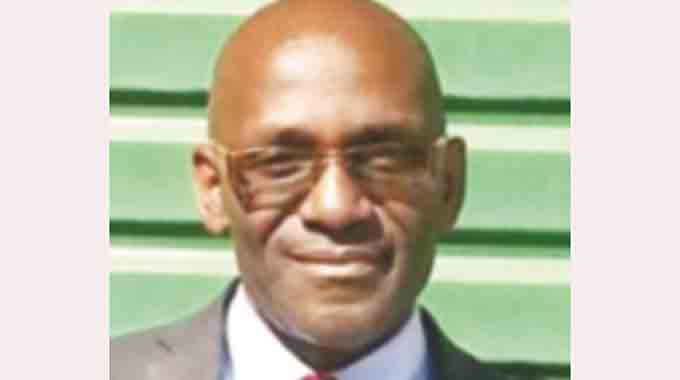More water cuts looming

Yeukai Karengezeka and Sallomy Matare
Harare residents should brace for more water cuts as the two dams that supply the city have dried up at a time when council does not have adequate resources to treat water at Prince Edward Dam.
Most residential areas have been without water since Monday.
On Tuesday, Harare City Council announced that water supplies would start to normalise.
Most parts of the city, including large chunks of the central business district (CBD), were without water for the better part of the day.
This resulted in congestion at the few boreholes across the city.
Said Harare City Council in a statement: “The water situation is set to improve starting tomorrow (yesterday) July 3 when council is expecting the delivery of chemical chlorine gas. Logistical problems had delayed delivery of the chemical.”
Despite the delivery of chlorine gas, the water shortages will not disappear just yet, and council is alive to the quantum of challenges it is confronting following the drying up of two critical dams — Seke and Harava.
“Harare is facing serious water delivery challenges as two of its water supply dams — Seke and Harava dams — have dried up, making it difficult to treat water at Prince Edward water plant,” said the city.
“The plant contributed 70 megalitres of water a day, of which 30 megalitres was dedicated to Chitungwiza and the remaining 40 megalitres supplied Mbare, Sunningdale and surrounding areas.”
Council has already declared the water situation a state of emergency, implying that the situation is dire and mitigatory measures have to be taken.
Giving a report during a workshop held yesterday on “Capacity development for efficient and effective water and sanitation service delivery”, Town Clerk Engineer Hosiah Chisango said the water situation needed urgent attention.
“The city has experienced persistent water shortages for more than a decade owing to the population that has overgrown (while) water infrastructure is deteriorating, which includes the treatment facilities as well as the waste water infrastructure,” he said.
“There has been steady deterioration of raw water quality which then demands more water treatment stages and chemicals.”
Eng Chisango said due to inadequate water supply, the western suburbs were to get water twice a week until the situation normalised.
“The water supply (situation) is very depressed that the western suburbs that were receiving near normal water supplies now have to experience a supply shedding of 48 hours,” he said.
The city is carrying out some works at Morton Jaffray treatment works to optimise production and the current water rationing will continue until the country receives good rains in the forthcoming season.
Eng Chisango said capacity building was needed to ease the situation.
“The situation that we are faced with as a local authority is unique because apart from the poor quality of raw water, we also have challenges with stocking of critical chemicals,” he said.
“So, in order to be able to optimise production and be able to deliver expected services to our clients, this requires capacity building; capacity to be able to be operating at a crisis situation to see how we can manage the expectations of our customers in the midst of all these current challenges.”
Eng Chisango said there was need to promote active citizen participation in hygiene promotion activities under the prevailing circumstances.








Comments